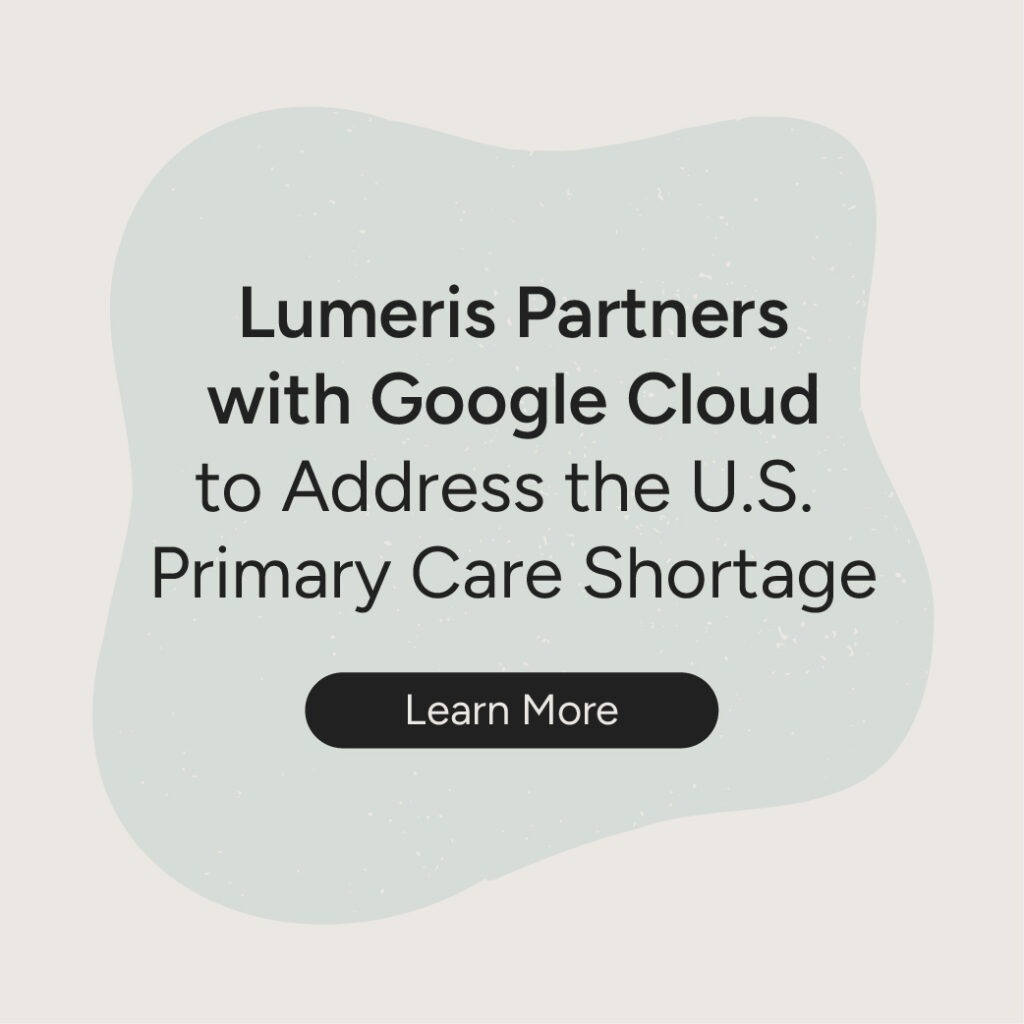The need for physician leaders has never been greater! To enable value-based care, physicians will need to assume leadership positions that are all too often filled by executives who do not possess medical training. In the emerging health value economy, a physician leader needs to have both medical expertise and a business acumen to succeed. In this podcast, we discuss a wide range of topics impacting physician leadership in value-based care including:
- The key challenges and entrepreneurial opportunities that physician leaders face today
- New approaches to leadership
- The physician shortage and the role of APPs
- The cautious optimism (and fears) of AI amongst physicians
- The responsibility of physician advocacy in a hyper-polarized and tribal society
- The importance of strengthening trust and communication with patients in underserved communities
Joining us this podcast is Dr. Peter Angood, the Chief Executive Officer and President of the American Association for Physician Leadership (AAPL). AAPL focuses on maximizing the potential of physician-led, inter-professional leadership to help create personal and organizational transformation that benefits patient outcomes, improves workforce wellness, and refines the delivery of healthcare internationally. AAPL CEO Dr. Peter Angood is an industry leader, a researcher that has authored over 250 publications and multiple books, a podcaster, and he is a well-recognized international speaker on the host of issues related to physician leadership.
Podcast Transcript (Bookmarks)
03:30 Introduction to Dr. Peter Angood, President and CEO of AAPL.
04:40 The patient-physician relationship as the dominant driver of physician leadership.
05:45 The lack of educational or experiential learning in medical school or residency for physicians to become leaders.
06:30 American Association for Physician Leadership (AAPL) is an organization that enables leadership capabilities for the physician workforce.
08:30 New AAPL Book on Physician Entrepreneurialism: “Our industry, and society in general, is better for those intrepid physicians who have literally invented better means of delivering healthcare.”
09:30 Medicine is differentiated from most other professions by altruism (not the body of knowledge required to excel)
11:15 How physicians and patients are having to adapt to the evolving complexity of the healthcare industry.
13:00 “When you even have physicians as CEOs, those institutions will drive better quality, better safety, 25 to 30% over and above those places that have non physician administrators.”
14:30 Research confirmation that experiential leadership leads to more successful organizational performance.
15:50 Hospital ranking lists in U.S. News & World Report and Newsweek are dominated by physician-led health systems.
18:30 A performance culture is needed to institute patient-centered care
20:00 The multitude of clinically oriented job types and elevated education/licensure requires physicians to continually refine the multidisciplinary team-based approach to care.
21:30 2022 HCAHPS Patient Survey Scores: “Only 6% of hospitals overall received the highest rating. But 41% of physician led hospitals received that superior patient experience rating.”
22:30 ACOs led by independent physician groups had substantially larger savings than those that are hospital-led.
24:00 Referencing the recent HealthLeaders article: “Ending of the Physician Era Begin the Age of the APP”.
25:30 The need to rework medical education funding and student debt burden to effectively address the physician shortage.
27:00 Other challenges contributing to shortage: 20-25% of the physician workforce is non-clinical, lifestyle challenges contributing to burnout.
28:00 Embracing the international medical graduate community to help offset physician shortages.
29:00 Defining the roles and responsibilities of physicians and APPs in designing new models of care.
32:30 A parable for optimism: “There’s got to be a pony in there somewhere!”
34:00 Addressing the fears of AI in the medical profession through an optimistic leadership perspective.
35:30 Opportunities for Generative AI applications in the clinical setting.
36:30 Improving change management with rapidly evolving technology.
37:30 The hyper-polarization and tribalism with public health issues like mass shootings and climate change, abortion rights, gender affirming care.
39:00 Balancing the responsibility of physician leadership with personal political views and the need for advocacy on public health issues of concern.
39:30 Mental health issues that are impacting children.
41:00 Physician advocacy that maintains the trust that general society and the political structures have of the medical profession.
43:30 Physician leadership to address public health issues with climate change.
44:15 “We as a healthcare industry are one of the biggest contributors to the generation of greenhouse gases, global warming and a negative impact on our environment.”
46:30 Distrust in minoritized and underserved communities and the role of physician leaders to take on more and more responsibility to ensure health equity,
46:30 Dr. Angood recently co-chaired a leadership consortium with the National Quality Forum for using SDOH data to improve community outcomes.
45:00 “We’re still heavily biased to the white male reliance on our medical science. From a research perspective, we’ve got to be far more inclusive.”
47:00 It takes 10-15 years for medical research to translate into clinical decision-making.
49:15 Realizing the full benefits of health care in underserved communities comes down to trust and communication.
49:30 “We really need to pay even more and more attention to is the whole indigenous aboriginal community, the Native Americans.”
50:00 The four key dependencies required of the medical profession to instill trustworthiness: credibility, sustainability, reliability, and intimacy.
52:30 Parting thoughts from Dr. Angood on the mission of AAPL in empowering physician leadership.

